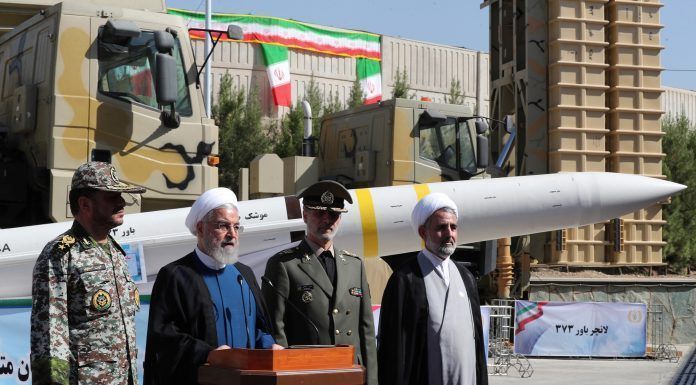DUBAI, Aug 28 (Reuters) – Iranian President Hassan Rouhani on Wednesday called on citizens to unite to overcome an “economic war” waged by the United States, while his government said it would use diplomacy to try to solve the standoff even though it distrusted U.S. President Donald Trump.
Tensions between Tehran and Washington have heightened since Trump pulled out of a 2015 deal to curb Iranian nuclear development with six world powers and reimposed sanctions on Iran.
“We need to unite to fight against and to win this economic war that America has launched against Iran,” Rouhani said in a televised speech.
Rouhani said on Tuesday there would be no talks with the United States until all sanctions on Tehran were lifted.
Since ditching the deal last year, Trump has pursued a policy of “maximum pressure” to try to force Iran into broader talks to restrict its ballistic missile program and end its support for proxy forces around the Middle East.
Iran, which has slowly been breaching the nuclear deal in retaliation for U.S. sanctions, has threatened further violations in early September unless it receives sanctions relief.
Iranian government spokesman Ali Rabie said on Wednesday: “Taking into account Donald Trump’s personal traits, we don’t trust him; however, Iran has never abandoned diplomacy but we are determined to pursue it as an equal (of the United States),” state TV reported.
In Washington, U.S. Defense Secretary Mark Esper said a U.S.-led maritime security initiative in the Persian Gulf had started.
So far, Britain, along with Australia and Bahrain, have joined the United States in a move to protect merchant vessels following Iran‘s seizure of a British oil tanker in the Strait of Hormuz in July.
Esper said that the presence of the United States and its allies in the region had so far deterred Iran from further action.
“I’m not sure I’m ready to call the crisis over yet, but so far so good and we hope the trend lines continue,” Esper told reporters at the Pentagon.
(Reporting by Parisa Hafezi; Additional reporting by Idrees Ali and Phil Stewart in Washington; Writing by Tuqa Khalid; Editing by William Maclean and Grant McCool)


